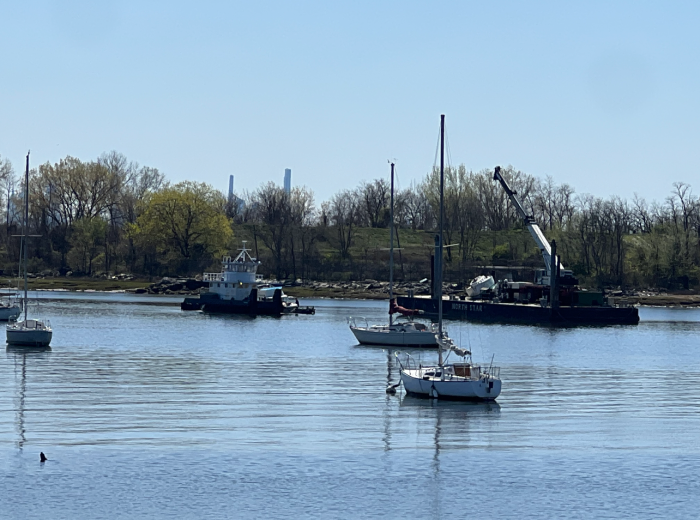High court lets stand appellate ruling upholding major portions of equal benefits measure
The U.S. Supreme Court has rejected a petition to review the constitutional status of San Francisco’s Equal Benefits Law, which forbids awarding most city contracts to companies that do not provide domestic partnership benefits for their employees on par with those offered spouses.
The Court’s March 22 announcement leaves in place a decision by the U.S. Court of Appeals for the 9th Circuit in San Francisco, which ruled that the law does not unduly burden interstate commerce and does not violate the constitutional rights of S.D. Myers, a company that lost a contract to service San Francisco’s electrical transformers because it refused to certify that it would provide benefits to domestic partners of employees working on that contract.
San Francisco passed its Equal Benefits Law in 1997, and was immediately confronted with a lawsuit by the airlines industry, which contracts with the city for landing rights and use of facilities at the city’s municipal airport. S. D. Myers, a disappointed city contractor based in Ohio, brought its own lawsuit, claiming that San Francisco was unconstitutionally attempting to impose its policies on companies located outside the city. Myers also claimed that San Francisco had violated ERISA, the federal employee benefits law, which preempts state or local laws affecting employee benefit and pension plans.
Federal District Judge Claudia Wilkins ruled against Myers on all its claims, but acknowledged some potential constitutional problems that led her to adopt a narrow construction of the ordinance. It would apply only to those employees of the contractor who perform their work in San Francisco or do work associated with a San Francisco city contract, rather than all employees. Myers appealed that ruling, and the 9th Circuit Court of Appeals affirmed Wilkins’ ruling, finding that any incidental burden on interstate commerce was outweighed by San Francisco’s interest in assuring that all workers on its contracts received equal benefits regardless of sexual orientation or marital status.
The appeals court also upheld Wilkins’ refusal to rule on Myers’ ERISA argument, for the simple reason that the city law included all employee benefits, not just plans covered by ERISA. Even if ERISA preempted some of the ordinance’s coverage, it would still apply to some employee benefits offered by Myers to its employees. Myers would therefore be an ineligible contractor.
A vote by the Supreme Court to deny review is not a ruling on the merits of the case. The Court’s internal rules require an affirmative vote by four justices to grant review, and the votes of the justices are not published. Thus, a precedent was not set by the Court’s announcement. However, by allowing the 9th Circuit’s decision to stand, the Court has left open important questions raised by similar legislative proposals pending around the country. A similar bill in New York will be voted on in April. The measure’s lead sponsor, Christine Quinn, the out lesbian councilmember, says it enjoys a veto-proof majority in the face of mayoral opposition,
Myers is represented in this case by the usual nemeses of gay rights, the Alliance Defense Fund of Scottsdale, Arizona, and Vincent P. McCarthy and his Center for Marriage Law, of New Milford, Connecticut. Alliance Defense Fund is also involved in the pending litigation over same-sex marriage in California, and brought suit, with others, to try to stop the issuance of marriage licenses to same-sex couples in Multnomah and Benton Counties, Oregon.

































